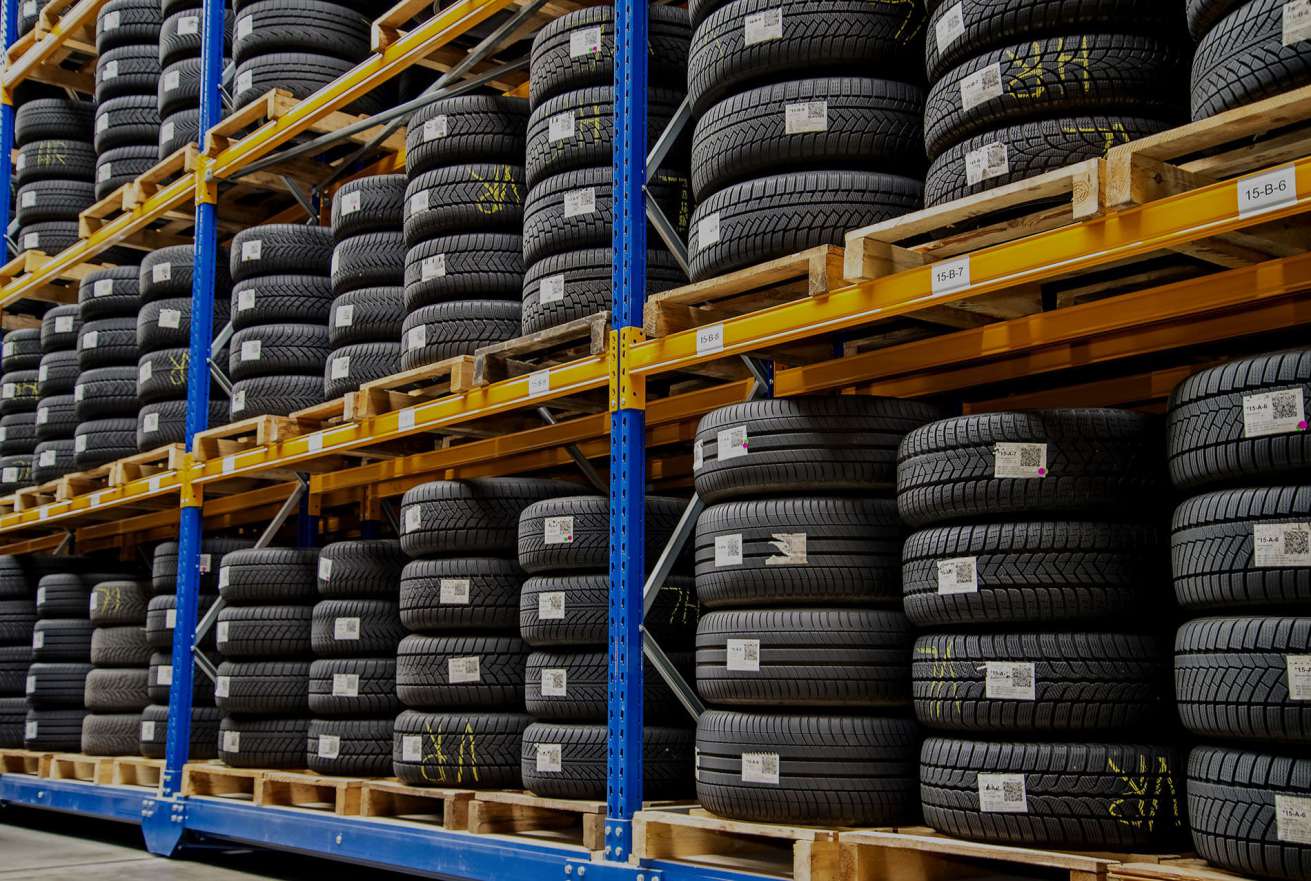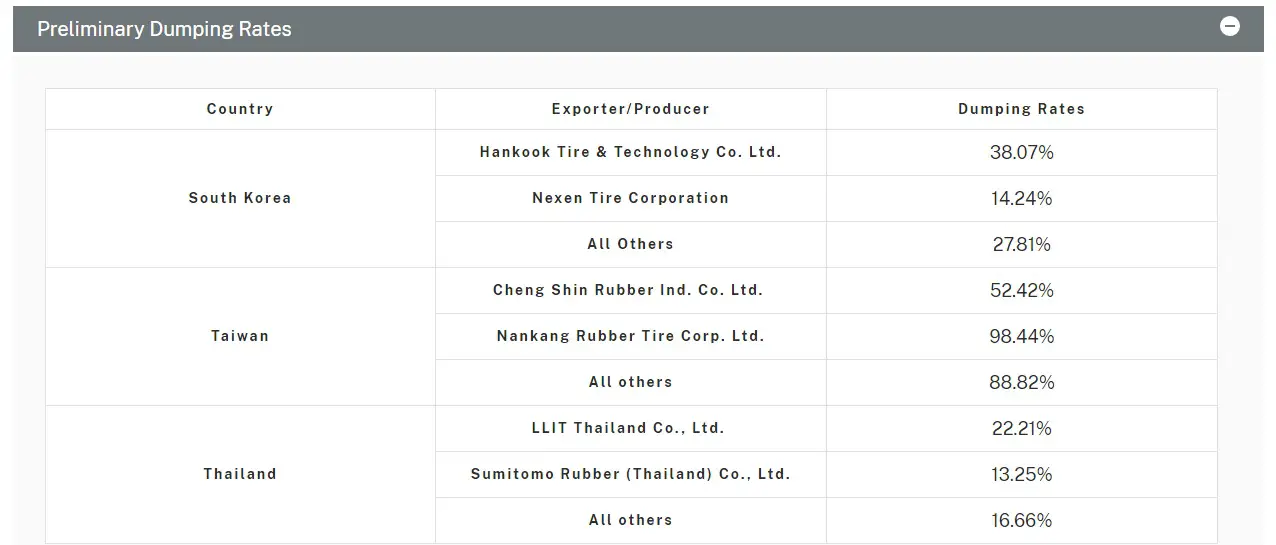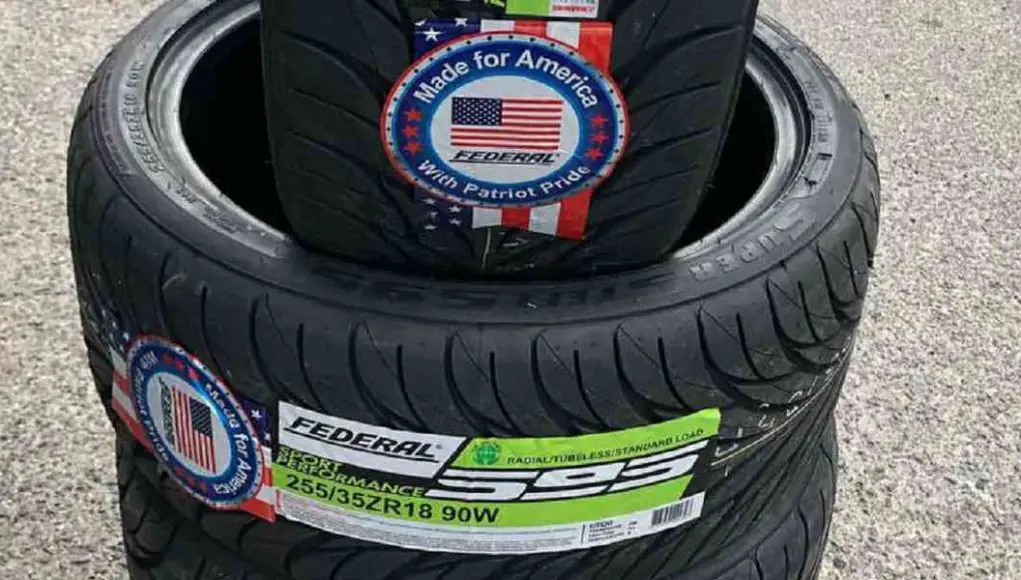Tire makers hit hardest include Nankang, Hankook, Nexen, Federal, Sailun and many more.
Countries that export cheap tires to the United States are left scrambling for government help after the Department of Commerce released its latest preliminary investigation before the end of the year (Dec. 30, 2020) alleging South Korea, Taiwan, Thailand, and Vietnam have been dumping tires into the United States below fair-market value, hurting the U.S. Tire Industry. As a result, U.S. Customs and Border Protection is collecting cash deposits from importers of passenger tires at ports of entry to compensate.

Unsurprisingly, the entity that brought up this anti-dumping allegation was the United Steel, Paper and Forestry, Rubber, Manufacturing, Energy, Allied Industrial and Service Workers International Union, AFL-CIO, CLC (Pittsburgh, PA).
According to the D.O.C,
Commerce preliminarily determined that exporters have dumped passenger tires in the United States at rates of 14.24 to 38.07 percent for South Korea, 52.42 to 98.44 percent for Taiwan, 13.25 to 22.21 percent for Thailand, and 0 to 22.30 percent for Vietnam.
The 2019 imports of passenger tires from the countries under investigation were approximately valued as follows:
- $1.17 billion for South Korea;
- $373.0 million for Taiwan;
- $1.96 billion for Thailand; and
- $469.6 million for Vietnam
Major brands affected include
- Hankook tires
- Nexan Tires
- Maxxis
- Federal Tires
- Kenda Tires (a favorite of beginner drifters)
- Nankang
- Ling Long Tires
- Sumitomo Rubber Thailand which includes sub-brands under their TBC Corporation in the United States including
- Sailun
- MileStar
- Crosswind
- Eldorado Tires
- Delta Tires
It should be noted that the U.S. Department of Commerce already imposed strict tariffs on China’s Passenger Light Tire exports to America in 2014, which has all but stopped Chinese-made tires being sold today.
Also, tires made in the United States, obviously aren’t affected. For example, Hankook’s Kinergy lineup of tires would remain unaffected since they’re made at their Clarksville, Tennessee plant.
What does this mean for the American Consumer?
First, we must understand Anti-Dumping duties on imports.
According to Investopedia,
An anti-dumping duty is a protectionist tax that a domestic government imposes on foreign imports that it believes are priced below fair market value. Dumping is a process wherein a company exports a product at a price that is significantly lower than the price it normally charges in its home (or its domestic) market.
Tier 1 tire manufacturers with a large American market share, like Firestone, Goodyear, and Michelin, have probably seen their profit margins dwindle over several decades after cheap imported tires,readily available from major tires shops and over the internet, flooded the U.S. Market with.
Spurred on by a Trump administration that wants to “Make America Great Again,” American Unions were emboldened to finally take action. The department of commerce states pretty clearly,
Since the beginning of the current administration, Commerce has initiated 306 new AD and CVD investigations – a 278 percent increase from the comparable period in the previous administration.
According to Modern Tire Dealer, although countries like Taiwan have already proposed settlements for their own Taiwan-based tire manufacturers, the settlement effectively admits they’ve been selling tires in the United States below “fair market value” and proposed a “benchmark price” to be readjusted on a regular basis.
If the U.S. Department of Commerce does not accept Taiwan’s settlement, the U.S. Consumer can expect their once cheap tires to become as expensive as their American counterparts.
Alternatively, they can, as China did, pull out all imported tires from the United States since they no longer have a competitive edge in the market.
New tariffs might also push foreign tire companies to accelerate plans to build U.S.-based tire factories. China-based Triangle tires had plans to finish their half billion dollar investment in its North Carolina plant by September 2021, but Covid-19 shifted that timeline by more than a year.
Rumor is Kenda tires, listed above, are already shifting production from Asia to their United States-based factories. If that’s true, this too would slightly increase final costs, but not as bad as an imported tariff would.
If tariffs are put into place, according to JD Supra, “DOC generally assigns duties at the alleged dumping rates to exporters that fail to cooperate with the investigation.” Listed here are the alleged dumping rates. Theoretically, if Nankang does nothing, their imported prices to U.S. wholesalers would double.

Whatever the Department of Commerce does, expect for your tires made in Asia to suddenly get more expensive in 2021 thanks to increased prices handed down from wholesalers, to tire shops and finally, to you, the consumer.





Firestone is Japanese-owned, Michelin is French.